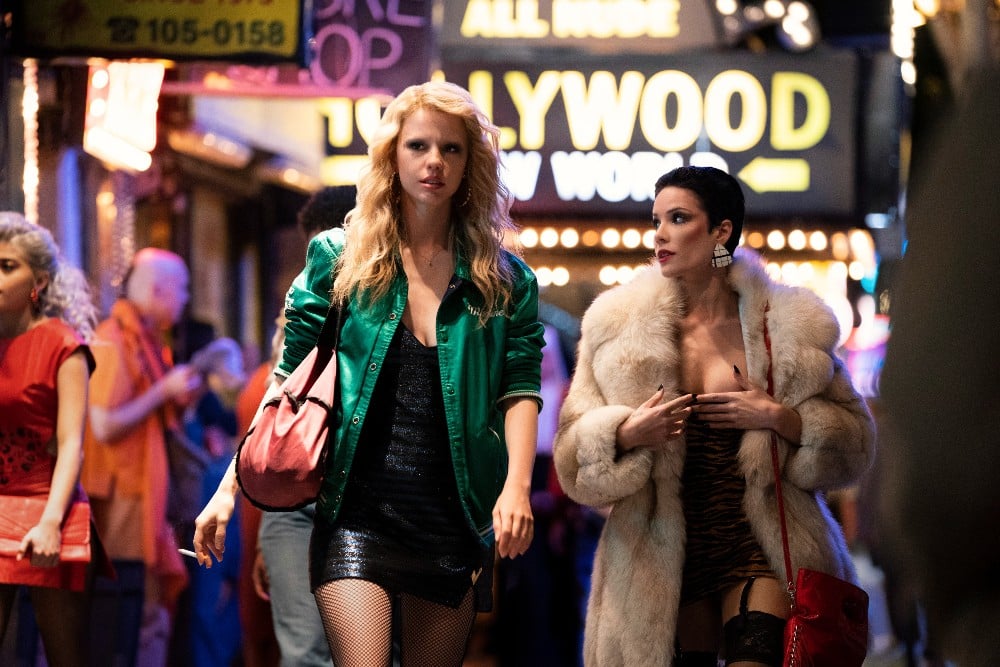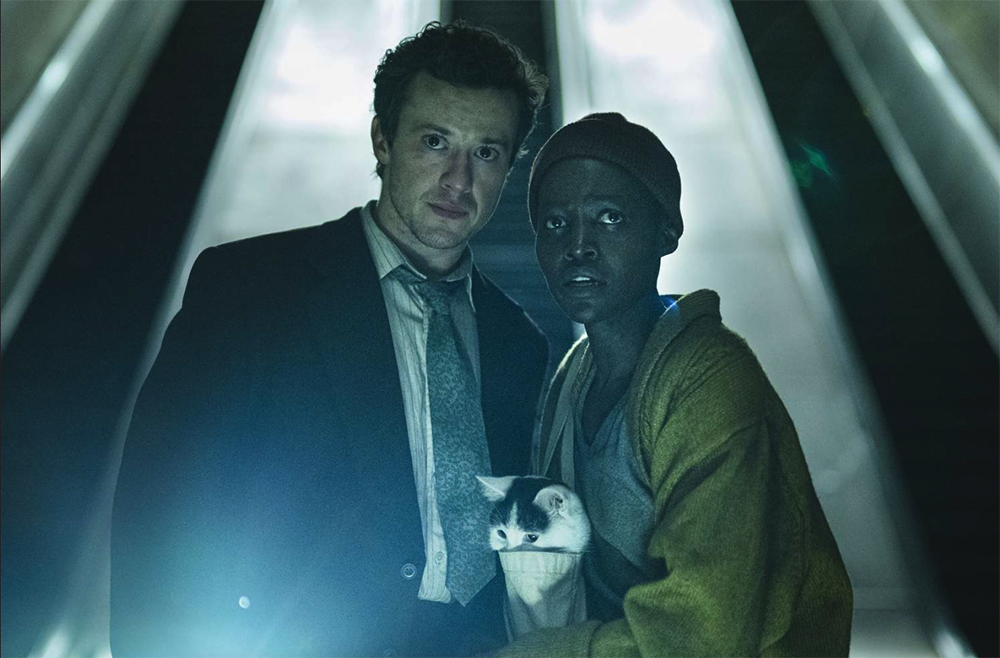Movie Review: Back to Black
A retread of a widely watched documentary, “Back to Black” is a cash grab and little more.
This movie only exists because biopics sell better than greatest-hits compilations.
The late Amy Winehouse has already generated plenty of the latter, despite the brevity of her life and career. She’s also been the subject of a hit biographical documentary, 2015’s “Amy,” a critical and commercial hit that claimed the Best Documentary Feature Oscar.
That film thoroughly and movingly told Winehouse’s life story, and did it with ample footage; the singer lived in the 21st century, after all, so the cameras were always nearby. Such a complete documentary treatment would seem to make a biopic unnecessary — yet here we are, grappling with the somewhat sanitized story told by “Back to Black,” a muddled and misguided recap of what we already know.
Starting with Winehouse’s pre-fame bar gigs and ending more or less at the moment of her death, “Back to Black” depicts the tumultuous relationship between Winehouse (Marisa Abela) and her on-again, off-again lover, Blake (Jack O’Connell). It’s the only relatively novel thing about the story — a dramatic rendering of a love affair previously depicted by Winehouse’s music. In these scenes, director Sam Taylor-Johnson finds occasional moments of madcap, messy energy.
There’s nothing compelling, however, about the numerous fully recreated performances. “Back to Black” focuses on many of the same onstage moments we saw in “Amy” — and, more importantly, watched in the recent past. Whereas biopics such as “Elvis” and “Bohemian Rhapsody” at least had the benefit of a few decades’ space for their nostalgia hits, “Back to Black” tries to make us look back fondly on an era that’s only barely over.
What credit is due should go entirely to the performers — and, I suppose, the casting department. Abela hits a rare trifecta for a biopic: She looks enough like Winehouse, she sounds enough like Winehouse and she’s a skilled actress. Few music biographies are so fortunate. O’Connell does well, as does Eddie Marsan as Winehouse’s father and frequent handler, Mitch.
In that, though, the callousness of this project is revealed. The Winehouse family was involved in the development of “Back to Black,” after having been depicted less than favorably in “Amy.” Unfortunately, that means that “Back to Black” aims to absolve them from their complicity in Winehouse’s tragic end.
Don’t forget who said Amy was fine when they tried to make her go to rehab. And don’t watch a movie seemingly designed to make that guy feel okay about himself.
My Rating: 3/10
“Back to Black” is now playing in theaters.















